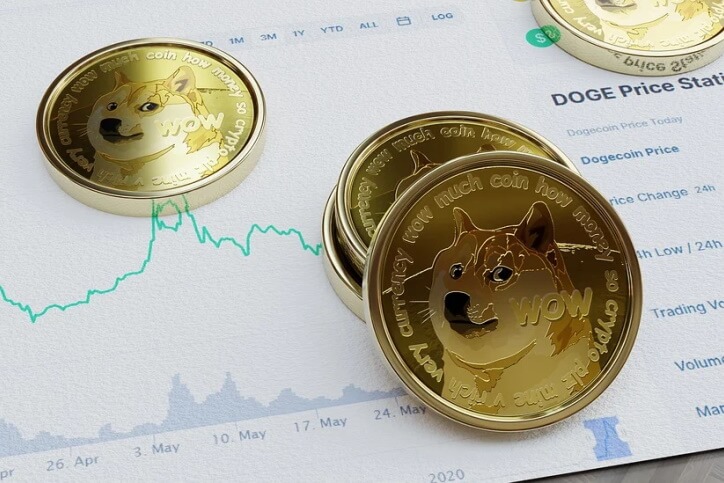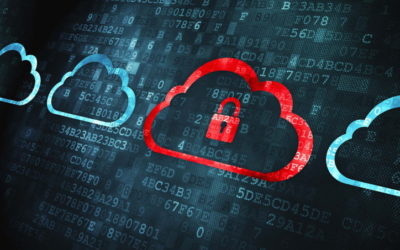The Origins of Dogecoin
Would you create an actual cryptocurrency to make fun of other cryptocurrencies? That’s exactly what Jackson Palmer and Billy Markus did, and it’s paid off with an over $70 billion currency market. Now, it’s the fourth-largest cryptocurrency in the world.
Dogecoin (symbol: Ð) is a cryptocurrency that provides a payment system (like Bitcoin, another digital currency) that is instant, fun, and free from traditional banking fees. Its playful name and Shiba Inu dog mascot caused the currency to start as a meme, but as people began to actually purchase it, it became worth more and more.
Before Dogecoin, Palmer was a product manager at Adobe Inc.’s office in Sydney, Australia. As a “skeptic-analytic” observer of crypto, he joked on Twitter about creating Dogecoin as a way of satirizing the hype for cryptocurrencies. Surprisingly, people were totally on board. So, he bought the domain name Dogecoin.com.
 That’s when Markus, a software developer at IBM, contacted Palmer. He wanted to create a digital currency but had trouble promoting his project and decided to jump on the Dogecoin buzz. He asked Palmer’s permission to build the software to create an actual Dogecoin.
That’s when Markus, a software developer at IBM, contacted Palmer. He wanted to create a digital currency but had trouble promoting his project and decided to jump on the Dogecoin buzz. He asked Palmer’s permission to build the software to create an actual Dogecoin.
Most cryptocurrencies are fairly serious and sterile in presentation, but Dogecoin was always different. Palmer and Markus decided to market Dogecoin as the “fun” version of Bitcoin. Since Bitcoin had a limited supply while Dogecoin had an unlimited supply, Dogecoin was also faster and more consumer-friendly for new crypto investors.
In 2015, Palmer made his departure from Dogecoin, citing the currency’s “toxic community” as a main reason why he left. Dogecoin also had its financial struggles during the 2018 cryptocurrency crash, but today, it’s grown stronger than ever. As of early May 2021, Dogecoin’s price is up more than 13,000% for the year.
Even though Dogecoin’s origins are humorous, Palmer and Markus’ business decisions were no joke. If you decide to purchase Dogecoin yourself, whether as a joke or for investing, please do your due diligence to understand the risks of cryptocurrency.
-Randy Sklar





